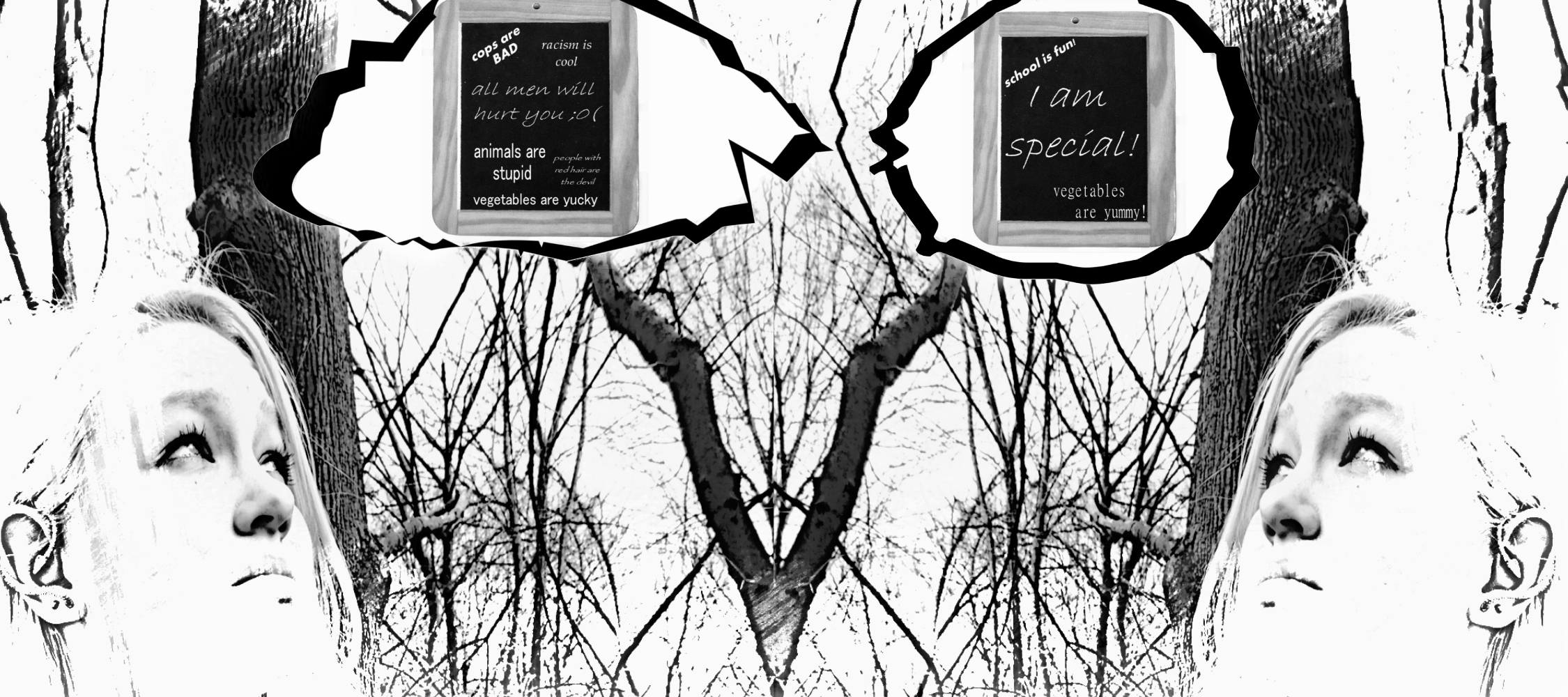UNITED STATES—“Tabula rasa” is one of my favorite “common sense” concepts and I throw the term around a lot, especially in regards to how children are PROGRAMMED by parents.
Merriam-webster defines TABULA RASA as; “the mind in its hypothetical primary blank or empty state before receiving outside impressions.” The concept is said to have been around long before the 17th century, but it came to be a popular and promoted belief by one of history’s important men.
John Locke (yes, the “Lost” character was probably named after him) was a forward thinker whose words would fuel many future philosophies, including Thomas Jefferson’s Declaration of Independence!
In his essay concerning Human Understanding, Locke famously said “knowledge was not the discovery of anything either innate or outside of the individual, but simply the accumulation of “facts” derived from sensory experience.” That meant neither BAD nor GOOD was predetermined at birth as previously believed.
History looks back onto John Locke as an “educationalist” who NOT ONLY proposed the idea of a child’s imagination being important, but his theories influenced “thinkers and writers” all over the world!
The concept of a child having an empty mind that is “written on” really goes all the way back to Aristotle, who said (in reference to the human soul) “what it thinks must be in it just as characters may be said to be on a writing-tablet on which as yet nothing stands written: this is exactly what happens with mind.”
To me it is BEYOND common sense that children are taught both positive and negative traits by those in authority over their lives, but that does not stop the fact that tabula rasa has been debated by those who give credence to the theory that humans are born with “innate knowledge” or ideas that are basic human knowledge.
Of course, arguing over such things is a COLOSSAL waste of time.
Do we have innate knowledge as Rene Descartes argued? YES! We do not to need to learn how to breathe: each of us possess physiological processing that is pre-established. On the other hand we also have a blank slate, as in there are many things we do not know, or know how to do until we are taught. Like driving, that you can’t eat a rock, or that every Sunday you give a percentage of your paycheck to the church.
The subject of tabula rasa goes hand in hand with the nurture versus nature debate: is it our genetic makeup that causes us to BE THE WAY WE ARE or is it our environment and the people in it?
In the end, I agree that it all boils down to Immanuel Kant’s concept of PRIORI and POSTERIORI:
Priori is dependent on fact. 2+2=4, we need blood to live, and if you throw a rock up, it will fall back down. All examples of knowledge you have the capability of knowing, but also knowledge that is the same whether you know it or not.
Posteriori is dependent on experience. If you leave the door open a stray dog may come in and eat your sandwich off the table, getting bit by a spider will necrotize your skin, and if you forget the keys you will have to go buy another set. All examples of things that you know from your experience but they are not the same for others: a door can be left open without a dog running in, not all spiders are necrotic, or maybe the other person found the keys later.
The point is that someone with a “blank slate” has not yet been taught this other set of experience-driven knowledge and maybe they will never learn it.
We are all made with our own bits and pieces of knowledge that work together to form our psyche and make us individuals, so we must work harder to make sure our children are not predetermined for failure because of the knowledge we program them with, by writing it on their slate.






